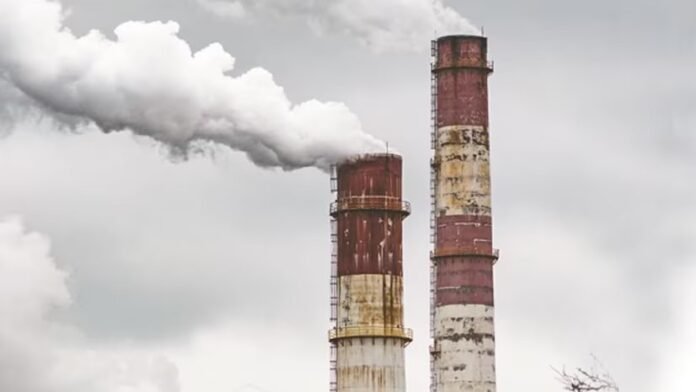The Indian government is currently assessing the potential monetary impact of the European Union’s (EU) proposed carbon tariff, which is set to be implemented in October. The carbon tariff, also known as the Carbon Border Adjustment Mechanism (CBAM), aims to impose levies on certain imports to the EU based on their carbon footprint.
The EU’s carbon tariff is designed to address concerns about carbon leakage, where industries relocate to countries with lower environmental standards to avoid emission regulations. It aims to create a level playing field for EU industries by imposing a cost on imports that have a high carbon footprint. The tariff is expected to impact several sectors, including steel, aluminum, cement, and chemicals.
The Indian government is assessing the potential monetary implications of the carbon tariff on Indian industries and exports. The evaluation involves analyzing the sectors most likely to be affected and estimating the potential increase in costs for Indian exporters. This assessment is crucial for formulating appropriate strategies and policies to mitigate any adverse effects on the Indian economy.
The Indian government is also exploring options to engage in discussions with the EU to address concerns related to the proposed carbon tariff. These discussions may involve negotiations to ensure a fair and equitable implementation of the CBAM, taking into account the unique circumstances and development priorities of emerging economies like India.
The monetary impact of the EU’s carbon tariff on Indian industries and exports will depend on several factors, including the specific industries affected, their carbon intensity, and their ability to adapt and reduce emissions. It is important for Indian businesses to focus on adopting sustainable practices, enhancing energy efficiency, and investing in cleaner technologies to minimize the potential impact of the tariff.
Furthermore, the Indian government is actively working to strengthen its domestic climate change policies and commitments. By implementing robust climate mitigation and adaptation measures, India aims to demonstrate its commitment to environmental sustainability and reduce its reliance on carbon-intensive industries.
The assessment of the monetary impact of the EU’s carbon tariff and the subsequent development of strategies to mitigate any negative consequences demonstrate the Indian government’s proactive approach towards addressing global climate challenges while safeguarding the interests of its industries and exporters.



